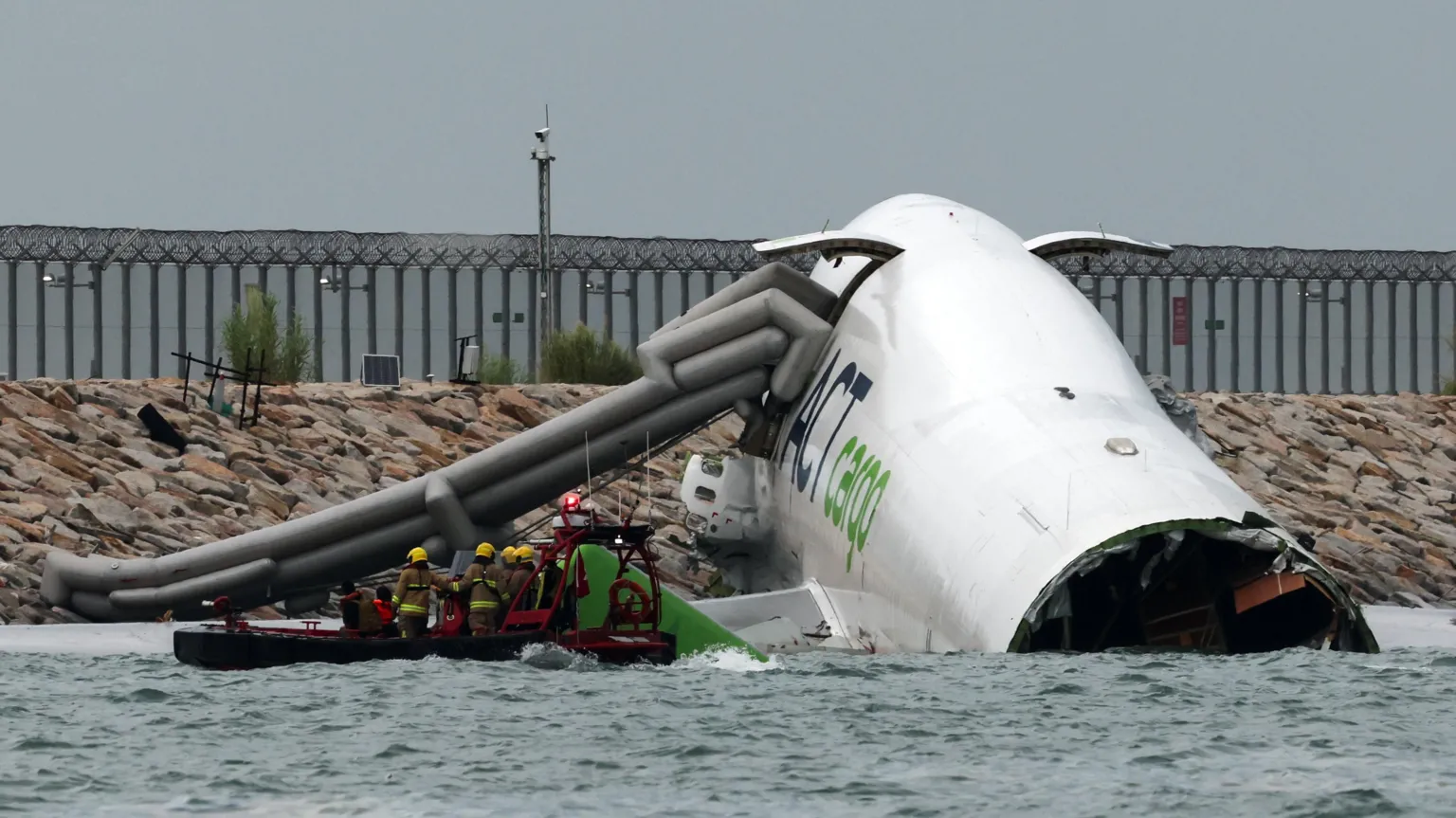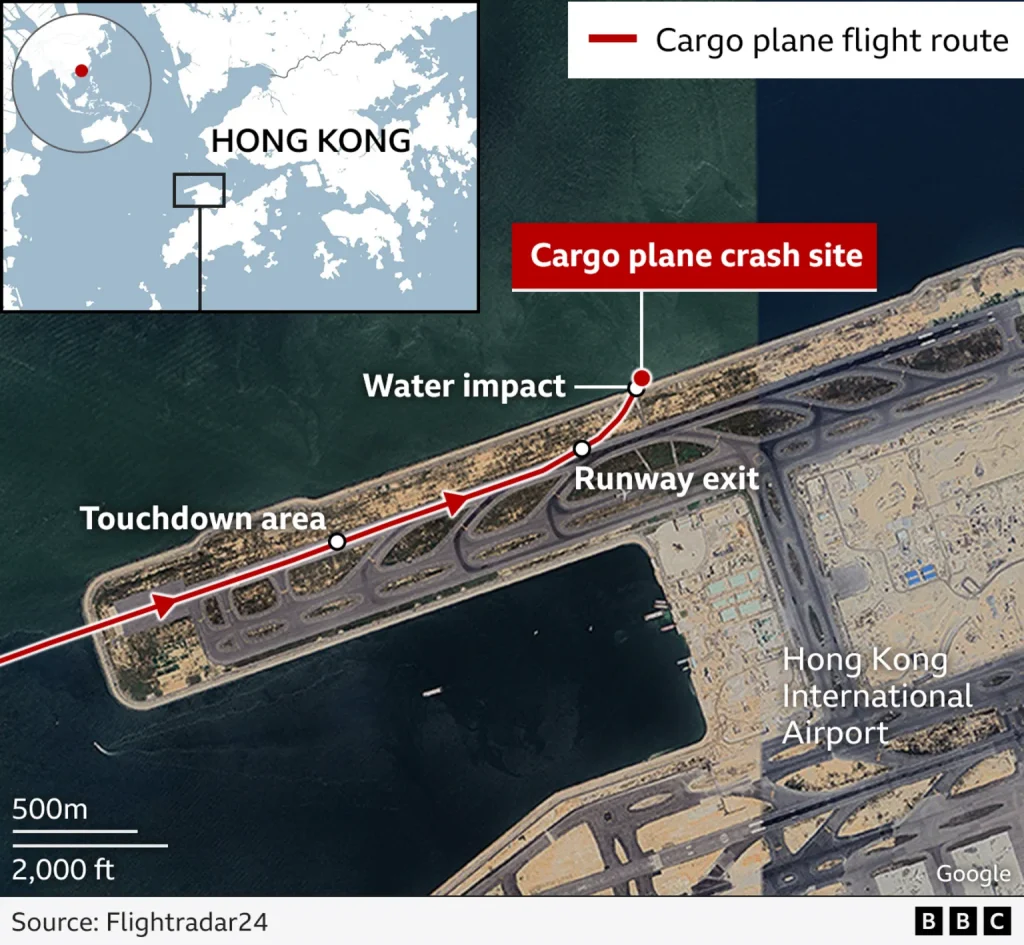Foreign
To deepen, pursue tangible progress of China-Vietnam comprehensive strategic cooperation

By Xiong Bo
Both China and Vietnam are socialist countries led by communist parties. Connected by mountains and rivers, they have shared ideals, the same social system and similar paths of development. They enjoy broad common interests.
The two sides have fought side by side and offered mutual support to each other in the struggle for national independence and liberation, learned from each other and made joint efforts in exploring socialist development paths suited to their own national conditions and modernization paths with their own characteristics.
The traditional friendship between the two countries forged and cultivated by the older-generation leaders of the two parties and the two countries, represented by Comrade Mao Zedong and Comrade Ho Chi Minh, has grown ever stronger with the passage of time.
Sharing the same ideals and a shared future are the most salient features of China-Vietnam relations, and the traditional friendship featuring “camaraderie plus brotherhood” between China and Vietnam is the most vivid illustration of China-Vietnam relations.
Under the strategic guidance of Xi Jinping, general secretary of the Communist Party of China (CPC) Central Committee and Nguyen Phu Trong, general secretary of the Communist Party of Vietnam (CPV) Central Committee, the comprehensive strategic cooperative partnership between the two countries have been constantly deepened and expanded. The two sides have reached important consensus on elevating their bilateral relations, and the China-Vietnam ties are facing important opportunities for development.
China and Vietnam have maintained frequent high-level exchanges and continuously deepened political mutual trust.
Following the successful conclusion of the 20th CPC National Congress, Xi immediately extended an invitation to Trong for a visit to China. The two leaders reached new and important consensus on consolidating the traditional friendship between China and Vietnam, strengthening strategic coordination and deepening mutually beneficial cooperation, charting the course for the development of China-Vietnam ties in the new era.
This year, over 10 members of the Political Bureau and Secretaries of the Secretariat of the CPV Central Committee have visited China, including President of Vietnam Vo Van Thuong, Prime Minister of Vietnam Pham Minh Chinh, and permanent member of the CPV Central Committee Secretariat Truong Thi Mai, maintaining close strategic communication with China’s Party and state leaders.
The communication and cooperation between departments and regions of both sides have become increasingly close, and the exchange of experiences in party and state governance continues to deepen. As emerging economies and developing countries, China and Vietnam should join hands to uphold international fairness and justice, practice true multilateralism, and make significant contributions to the peace, development, and progress of mankind.
China and Vietnam have reaped fruitful results in practical cooperation, and their mutually beneficial cooperation is also generating good outcomes.
Leveraging their geographical proximity and complementarity of industries, the two countries have accelerated synergizing the Belt and Road Initiative (BRI) and the Two Corridors and One Economic Circle strategy. They have worked together to build production capacity cooperation platforms, advance cooperation in key areas such as connectivity, green energy and digital transformation, and maintain smooth and stable production and supply chains.
China and Vietnam have continuously deepened their economic and trade cooperation. China has maintained the largest trading partner and a major source of investment for Vietnam for years.
In the first 10 months of this year, the number of China-invested projects in Vietnam ranked first among all foreign investment projects in the country, with investment amount increasing by 98 percent year on year.
Projects built by Chinese companies, such as the Cat Linh-Ha Dong metro line in Hanoi and the Soc Son waste-to-energy plant, have been put into operation. Chinese photovoltaic companies are also developing fast in Vietnam. These projects have contributed significantly to Vietnam’s economic and social development.
China and Vietnam have continuously deepened people-to-people and cultural exchanges, resulting in a vibrant people-to-people friendship.
The two sides have remained true to their original aspiration, vigorously promoted their traditional friendship, and engaged in flexible and diverse people-to-people exchange activities.
Trong noted that the Friendship Pass is the only cross-border port in the world named after the word “friendship,” which embodies the special traditional friendship featuring “camaraderie plus brotherhood” between the Vietnamese and Chinese people.
Confucius Institutes and the China Cultural Center are running smoothly in Vietnam; the border residents gala and the friendly exchange between the national and local committees of the Chinese People’s Political Consultative Conference and the Vietnam Fatherland Front have resumed; the China-Vietnam People’s Forum and the China-Vietnam Youth Friendship Meeting have garnered wide support.
The two countries are sending more students to each other. In the 2021-2022 academic year, over 27,000 Vietnamese students studied in China. The personnel exchange between the two countries also recovered rapidly, with more than 1.3 million Chinese tourists visiting Vietnam in the January-October period this year. As the two countries pick up speed to resume direct flights, there will be vast potential in their tourism cooperation.
It is a natural result that China and Vietnam have agreed to further deepen their comprehensive strategic cooperative partnership as they mark the 15th anniversary of the establishment of the relationship.
This is in line with the common aspirations and interests of both countries, and is good for regional and global peace and development, and will pave the way for a brighter future in the two countries’ bilateral relationship.
We are ready to work together with Vietnam, follow the strategic guidance of the top leaders of both parties, continuously consolidate political mutual trust, deepen mutually beneficial cooperation, foster people-to-people friendship, and work to deepen and substantiate the comprehensive strategic cooperation between China and Vietnam.
Let the ship of China-Vietnam friendship brave the wind and waves, and set sail for distant horizons!
(Xiong Bo is the Chinese ambassador to Vietnam.)
Foreign
BREAKING: Trump Orders Investigation into Reported Christian Killings in Nigeria

By: Fabian Apechihin
U.S. President Donald J. Trump has directed lawmakers to launch an immediate investigation into reports of widespread killings of Christians in Nigeria, describing the situation as a “Christian genocide.”
In a statement released Friday evening via his Truth Social platform, Trump expressed grave concern over the violence, blaming radical Islamist groups for what he called a “mass slaughter.”
“Christianity is facing an existential threat in Nigeria. Thousands of Christians are being killed. Radical Islamists are responsible for this mass slaughter,” he wrote.
The U.S. President announced that he is designating Nigeria a “Country of Particular Concern,” citing alarming figures of killings within the country compared to global totals.
“When Christians, or any such group, are slaughtered like is happening in Nigeria — something must be done! I am asking Congressman Riley Moore, together with Chairman Tom Cole and the House Appropriations Committee, to immediately look into this matter and report back to me,” Trump stated.
He added that the United States “cannot stand by while such atrocities are happening,” pledging that his administration remains ready “to protect Christian populations around the world.”
Defence/Security
Polish MEP Raises Alarm Over Killings of Christians in Nigeria

By: Fabian Apechihin
Polish Member of the European Parliament (MEP), Dominik Tarczyński, has once again drawn global attention to what he described as the ongoing persecution and killings of Christians in Nigeria.
In a post on his verified 𝕏 account on Monday, Tarczyński shared an image of a blood-stained Nigerian flag alongside a viral video showing a pastor conducting a burial ceremony for victims of violence.
In the video, the pastor lamented the frequent killings, saying:
“We are tired of performing burial every day, and they expect us to remain silent. It has become an order, and the Nigerian government came out to deny the massacre, saying there is no genocide of Christians in Nigeria. United Nations, you’re watching me. The American Parliament is aware of what we are doing now. My special request is to President Trump to save our lives in Nigeria. They are killing more Christians. If they say they kill Muslims, the Muslims are killed by who? Muslims are killed by Muslims.”
Tarczyński’s post quickly went viral, sparking widespread reactions and renewed calls for the Nigerian government to intensify efforts to combat banditry and terrorism.
However, the Federal Government has repeatedly rejected claims of a religiously targeted genocide. In a recent statement, the Minister of Information and National Orientation, Mohammed Idris, described such allegations as “false, baseless, despicable, and divisive.”
Idris maintained that Nigeria’s security challenges are complex and not driven by religious motives, warning that framing the fight against terrorism as an anti-Christian campaign could deepen existing social and religious divides.
He reiterated the government’s commitment to protecting all Nigerians, regardless of faith or ethnicity, and called on international partners and media outlets to “refrain from narratives that distort the country’s security realities.”
Foreign
Two Dead After Cargo Plane Skids Off Hong Kong Runway Into Sea

By: Fabian Apechihin
Two airport security officers were killed early Monday after a cargo plane skidded off the runway at Hong Kong International Airport, struck their patrol vehicle, and plunged into the sea.

The incident involved Emirates flight EK9788, a Boeing 747 arriving from Dubai around 03:50 local time (19:50 GMT Sunday). The aircraft veered off the north runway, crashed through perimeter fencing, and collided with the patrol vehicle, pushing it into the water. Both occupants of the vehicle died, while the plane’s four crew members survived.
According to officials, the plane ended up partially submerged, making it one of Hong Kong Airport’s deadliest aviation accidents in years. Two other runways remain operational as investigations continue.
Airport operations executive director Steven Yiu said the patrol vehicle had been travelling on a service road outside the runway’s perimeter at a “safe distance” when the plane suddenly turned off course.
“Normally, the plane is not supposed to turn towards the sea,” Yiu said during a press briefing. He emphasized that the patrol car “definitely did not enter the runway” and that the aircraft had not sent a distress signal before landing.
Divers later recovered the bodies of the victims—two men aged 30 and 41—about five meters from the shore and seven meters underwater. One was confirmed dead at the scene, and the other died in hospital.
Hong Kong’s transport bureau expressed condolences to the victims’ families, describing the event as “deeply saddening.”
Emirates confirmed the accident, saying the cargo plane “sustained damage on landing in Hong Kong.” The airline noted there was no cargo onboard and that the aircraft had been wet-leased—meaning operated with crew and insurance—from Turkish carrier ACT Airlines.
Firefighters reached the scene within two minutes, rescuing all four crew members who had escaped via the aircraft’s emergency slides. Photos from the crash site show the plane broken in half, with part of its fuselage submerged in water.
Authorities are now searching for the plane’s flight data and cockpit voice recorders (“black boxes”). A police spokesperson said criminal investigations have not been ruled out.
The affected runway will remain closed pending the outcome of the investigation. At least 11 incoming cargo flights were cancelled on Monday, according to airport authorities.
This is only the second fatal aviation accident at Hong Kong International Airport since it relocated to Chek Lap Kok in 1998. The previous one occurred in 1999, when a China Airlines jet crash-landed during a typhoon, killing three people.
-

 Uncategorized5 years ago
Uncategorized5 years agoFG, states urged to harness flooding for ranching, others with technology – Agbaje
-

 Headlines10 years ago
Headlines10 years agoBreaking: EFCC seals Borno House of Assembly, as Hon members take to their heels
-

 News11 years ago
News11 years agoNigeria Security Operatives Stage Manhunt For Homosexual Perpetrator
-

 News9 years ago
News9 years agoHow 21-year-old Girl fled community over accusation of lesbianism
-

 News10 years ago
News10 years agoYobe Gov Moves Against Deputy
-

 Opinion7 years ago
Opinion7 years ago7 signs she has friend zoned you
-
Technology4 years ago
Online job placement company headhunts women
-

 Headlines10 years ago
Headlines10 years agoBorno Dep Gov Abducts Another Church Leader





